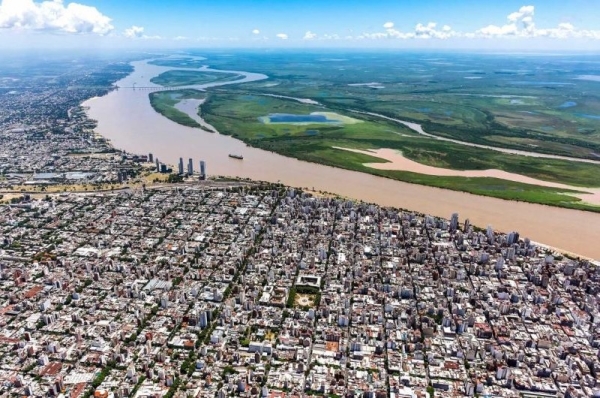The full programme and objectives for thursday May 16th have been updated on the website. There are still a few places left, so don't hesitate to register at the following link: https://evento.renater.fr/survey/participation-in-the-cafrua-international-seminar-mkg537uq
The friday 17th of may morning will be devoted to developing collaborations with the seminar guests. Please send us an email if you would like to contribute.
Access :
Accès voiture : 71 rue du Professeur Henri Serre, 34090 Montpellier
Accès piéton : 10 Avenue Bouisson Bertrand, 34090 Montpellier. Arrêt de Tram Albert 1er (ligne 1)
Maintaining and even developing agriculture in peri-urban and flood-prone areas could be an interesting territorial development option. A number of opportunities, illustrated in the scientific literature, could arise from this: limiting urbanisation in flood-prone areas, keeping farmland close to urban centers, supplying towns with shorter supply chains, etc. However, in practice, the location of farmland in both peri-urban and flood-prone areas presents specific features and potential constraints that are poorly understood.
Through this international seminar, we want to discuss these issues and share experiences through cross-case study presentations on the following themes :peri-urban agriculture (functions, specific features);
- the role of agriculture in adapting to climate change (flooding, heat islands, drought, etc.);
- flood management around major cities;
- agricultural land and buildings in peri-urban and/or flood-prone areas;
- taking risks and agriculture into account in spatial planning.
This international seminar is being organised as part of the CAFRUA (Challenges of Agriculture adaptation to Flood Risk in Urban Areas) research project, which focuses on agriculture in flood-prone and peri-urban areas. The project is funded by Agropolis Fondation for the period 2022-2024. Through the CAFRUA project, we have attempted to shed light, using a multi-disciplinary and participatory approach, on the various issues raised by this location and the areas for improvement identified on the scale of a study area. This case study is the so-ii observation system located around the Metropolis of Montpellier (France) and including two Mediterranean coastal catchments.







